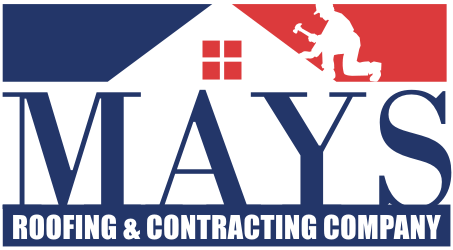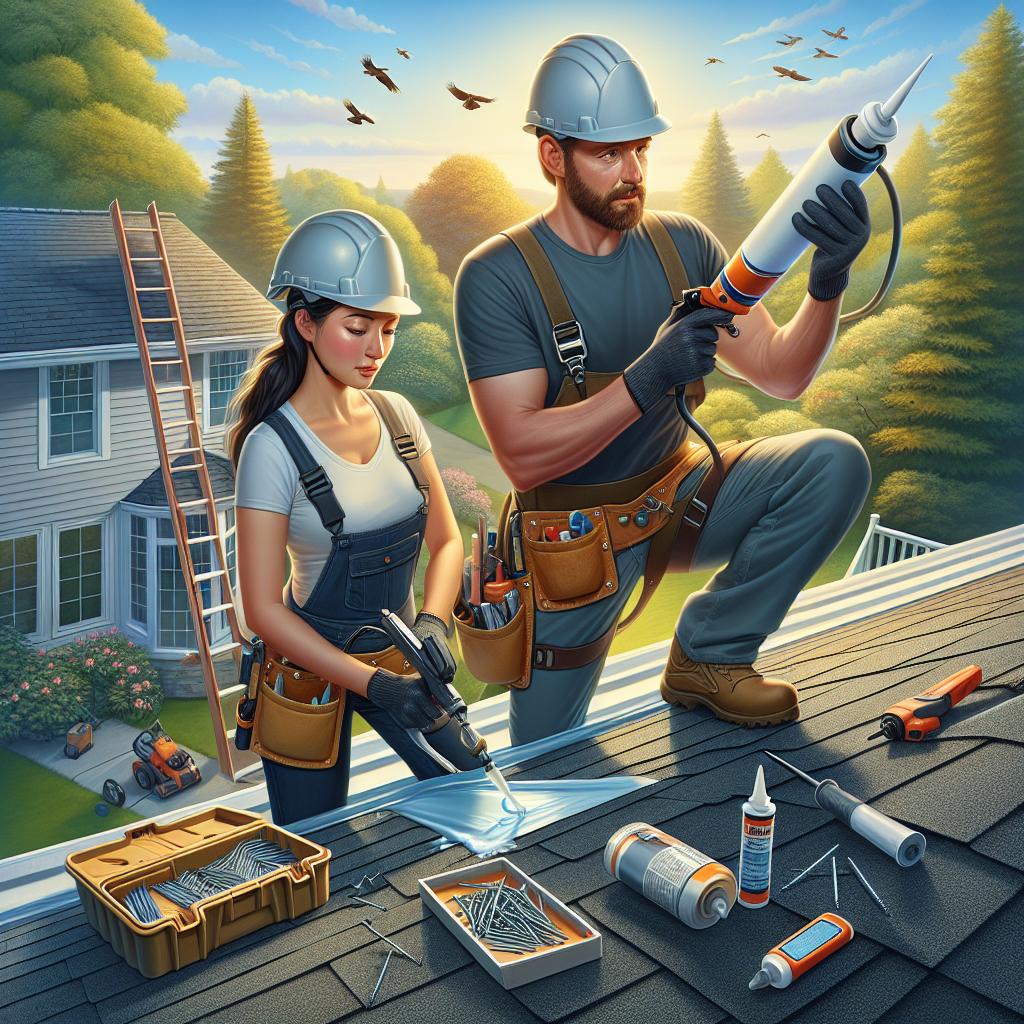How to Properly Maintain Your Roof for Longevity and Durability
Your roof plays a crucial role in protecting your home from the elements, extending your building’s lifespan, and maintaining its structural integrity. Regular maintenance is essential for ensuring that your roof remains durable and functional.
Understanding Your Roof’s Structure
Before diving into maintenance tips, it is important to understand the basic components of a roof. This includes the following:
- Shingles: These are the outermost protective layer.
- Underlayment: A barrier protecting against moisture damage.
- Flashing: Metal strips that prevent water infiltration around joints.
- Gutters: Channels that direct rainwater away from your home’s foundation.
- Ventilation: Systems that allow air circulation, preventing moisture buildup.
Routine Inspections
Regular inspections are essential for identifying issues before they escalate. Perform these inspections at least twice a year, ideally in spring and fall. During an inspection, check for the following:
- Loose, cracked, or missing shingles: Replace any compromised shingles promptly.
- Signs of wear and tear: Look for signs of cracking or curling in shingles.
- Moss or algae growth: These can trap moisture and cause roof damage.
- Damaged flashing: Ensure that flashing around pipes and chimneys is secure.
- Gutter condition: Ensure gutters are free of debris and functioning properly.
Cleansing Your Roof
A clean roof is vital for extending its lifespan. Here are some effective cleaning tips:
Remove Debris
Leaves, branches, and other debris can damage roofing materials. Regularly clear off any dirt. A leaf blower or broom works effectively for this task.
Clean Gutters
Clogged gutters can lead to serious issues, such as water pooling on your roof. Clean gutters at least twice a year, ensuring water flows freely.
Wash the Roof
For algae or moss, consider using a gentle cleaning solution. Avoid high-pressure washing, as it can strip protective granules from shingles.
Addressing Roofing Issues Immediately
Any issues identified during inspections should be addressed without delay. Ignoring small problems can result in costly repairs later. Take the following steps:
- Repair leaks: As soon as found, leaks should be repaired to prevent water damage.
- Replace broken shingles: This will ensure your roof remains watertight.
- Reseal flashings: Reseal any areas where flashing has degraded.
Enhancing Roof Ventilation
Proper ventilation is critical for maintaining roof health. It prevents heat and moisture buildup that can decay roofing materials. Consider these strategies:
- Install vents: Ensure there are sufficient intake and exhaust vents.
- Monitor attic temperature: The ideal temperature should remain near the outside temperature.
- Assess insulation: Proper insulation can prevent heat buildup and moisture problems.
Seasonal Maintenance
Each season presents unique challenges for your roof. A seasonal maintenance checklist is crucial:
Spring
- Inspect for winter damage: Look for any signs caused by snow or ice.
Summer
- Check for sun damage: Prolonged sun exposure can deteriorate roofing materials.
Fall
- Prepare for winter: Clear leaves and debris from gutters and the roof.
Winter
- Inspect for ice dams: Check for ice accumulation on the roof edge.
Professional Inspections and Repairs
While DIY inspections and maintenance are important, professional help is invaluable. Arrange for a professional inspection at least once every few years. They can identify potential problems missed by untrained eyes. Additionally, professionals are equipped to perform repairs that may be too dangerous for homeowners.
Selecting Quality Materials
The longevity of your roof also relies on the quality of the materials used. When replacing or installing a new roof, consider the following:
- Choose high-quality shingles: Invest in materials known for durability and longevity.
- Consider roofing underlayment: A quality underlayment adds a layer of protection.
- Use high-quality flashing: Properly installed flashing is vital for waterproofing.
Homeowner Awareness
Lastly, homeowner education is integral to maintenance. Recognize the signs of potential issues and stay informed about best practices. Here are a few key points to remember:
- Educate yourself on roofing types: Familiarize yourself with the specific requirements of your roofing material.
- Know when to call a professional: Don’t hesitate to seek help for complex issues.
- Stay vigilant: Regularly monitor your roof’s condition and address concerns immediately.
Conclusion
To maintain your roof’s longevity and durability, regularly inspect, clean, and address problems as they arise. Quality materials and professional assistance enhance roof performance. Understanding your roof’s structure also plays a key role in effective maintenance. Stay informed and vigilant to protect this essential aspect of your home.





 Mays Contracting
Mays Contracting


